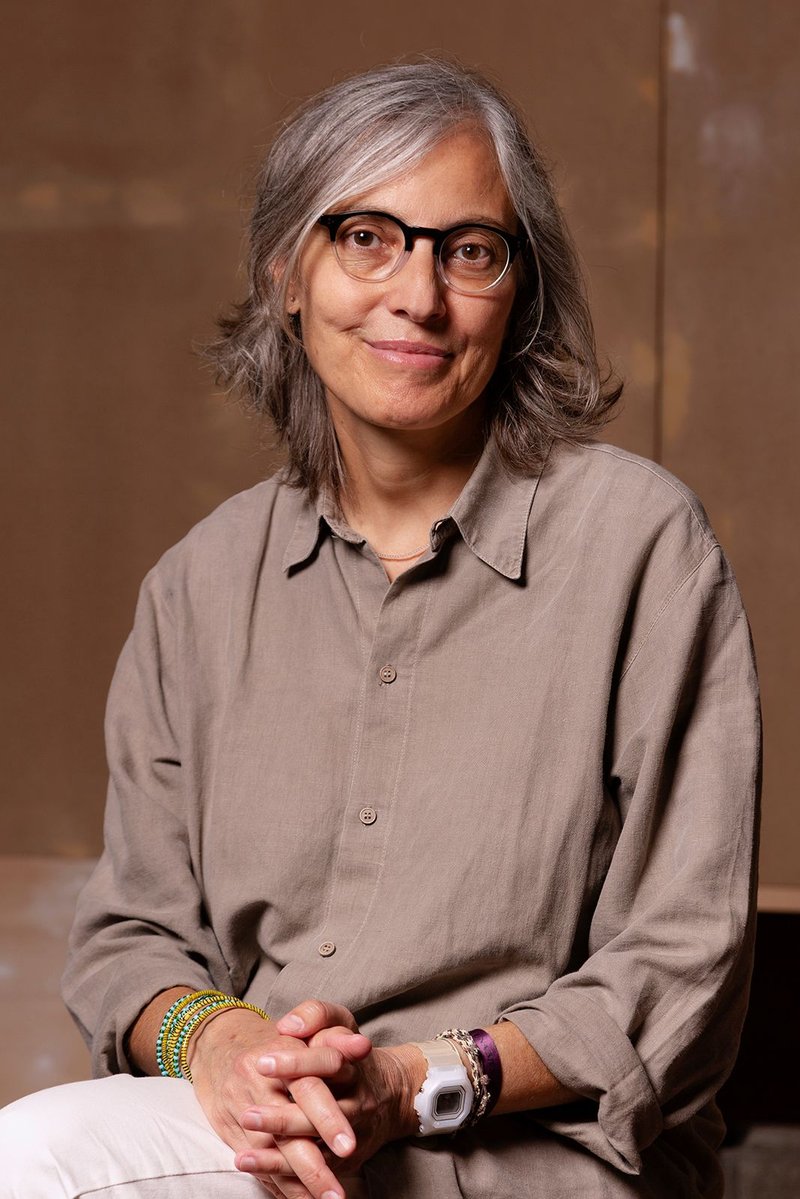Martina Millà

In 2021, 50 contemporary art curators, researchers, and museum professionals from 32 different countries were awarded support to attend the CIMAM 2021 Annual Conference, in-person and online.
For the first time, and thanks to the generous support of The Getty Foundation who sponsored the virtual platform, 27 grantees attended the conference online, while 23 attended onsite.
Launched in 2005, CIMAM’s Travel Grant Program is designed to foster cooperation and cultural exchange between contemporary art curators and museum directors in emerging and developing economies and their counterparts in other regions of the world.
Martina Millà's Conference Report
Attending the CIMAM Conference during the COVID pandemic was a privilege for three main reasons. It was a very special opportunity:
- Meet and mingle with colleagues worldwide, some of whom I had last seen at the 2018 CIMAM Conference in Stockholm,
- Listen to outstanding speakers, and
- Get to know an institutional context unfamiliar to me, which exemplifies some of the most pressing questions addressed during the conference.
Perhaps as a result of my curiosity regarding the Polish context, I was very impressed by Jaroslaw Lubiak’s paper on Day 1, which introduced Jem Bendell’s deep adaptation agenda’s four moments: resilience, relinquishment, restoration, and reconciliation, which the results of the pandemic and extreme weather phenomena have brought home for all Earth dwellers. Most important, in the context of model institutional narratives, where there is little room to discuss error, toxic complicities, and challenging learning curves openly, to refer to “our own ignorance,” as well as to processes of mourning, seemed particularly relevant and humbling.
Cognitive dissonance was a term that repeatedly came to mind during the conference. This aspect of our professional practice was something I shared with fellow conference attendee Martin Germann in short but poignant conversations.
Also, my condition as a grantee in the conference made me keenly aware of the financial straits that many museums and art centers are going through as a result of temporary closures and drops in visitor numbers, which have resulted not only in furloughs and dramatic redundancies against a backdrop of complex political and humanitarian crisis but also in different levels of professional performance and/or privilege.
As far as fruitful professional encounters went, I would like to highlight my conversations with South African curator Riason Naidoo and Polish colleague Malgorzata Kaczmarska. On the other hand, as a direct outcome of the conference, I was happy to welcome Alex Baczynski-Jenkins to the Fundació Miró this past weekend and get him in touch with dance professionals from the Barcelona scene as well as other local artists.
I would like to add that at one of the network session brief encounters with Polish colleagues, we exchanged the names of the authors we were reading at the moment. I recommended María Zambrano’s Claros del bosque (1977), and Anna Lazar (Muzeum Sztuki, Lodz) recommended Jolanta Brach-Czaina, whose writings I would love to read, especially The Cracks in Existence, which seems to be the only one translated into English. From María Zambrano’s late essay, I would like to quote, in closing, the following words (p. 117 of the original Spanish version), which I find very apropos about the CIMAM conference in Poland:
Mientras dura un ciclo histórico, hay palabras que permanecen en una determinada visibilidad y que corren de boca en boca; son los tópicos de esos siglos. Sus sentencias, por lo tanto, son condenatorias por lo general. Y hay también palabras escritas, y que, como escritas, se repiten, apaciguadoras y sabias, que marcan el límite; un cerco viene a formar todas ellas que muy pocas gentes trascienden. Pues que la inspiración que llega no se detiene; la inspiración que trasciende el cerco sólo rara vez arrastra consigo, o tras de sí, a quienes ha visitado, dejándolos, eso sí, perplejos en los mejores casos, cabizbajos por lo común, y disponiéndose con ahínco a volver a ver todas las cosas como si la visita de la inspiración no hubiera llegado, empadronándose conscientemente como habitantes del cerco y hasta alzándose vigilantes, por si acaso.
Beware of our own blind spots and comfortable echo chambers.